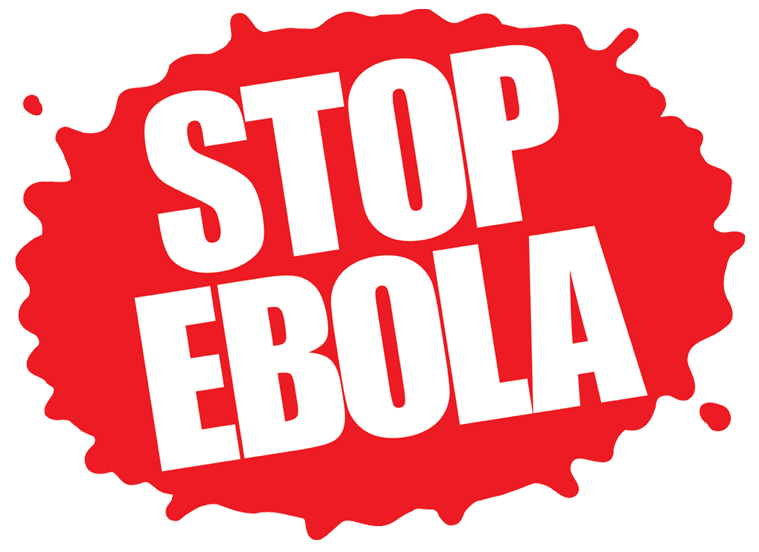Ebola red flags : The outbreak is not over yet ....
25 new cases of Ebola were reported in both Guinea and Sierra Leone this past week (WHO). 12 cases in Sierra Leone and 13 in Guinea.
There has been an increase in the number of new cases since mid May. It is worrisome that very few of the cases in Guinea are from known sources.
New cases have also been said to be erupting from districts that have not recorded cases for weeks.
The contact tracing process has being met with resistance and violence in Guinea and this has hampered the process in no little way.
The rainy season is almost here, which will make the work more difficult. Flooding and poor access routes may make it almost impossible to reach communities in need.
Set backs in the Ebola containment efforts may have occurred at a border province; Boke in Equatorial Guinea.
Violence against health officials and the police erupted last Friday over the attempt to locate a woman who had been said to have been in contact with an Ebola patient.
Cases had dropped drastically in Equatorial guinea up until mid May when a spike in cases occurred and several cases occurred in the Boke province which had gone for months without a single case.
Efforts to locate contacts to diminish the spread of the virus resulted in violence over the weekend, with 2 red cross vehicles, an Ebola facility and public facilities attacked.
This resulted in the Red Cross withdrawing their workers from the province.
There is also some concern over a woman from Guinea Bissau who was said to have attended a funeral in Boke. Efforts are ongoing in Guinea Bissau to educate the people on Ebola and to locate the woman.
The social media; twitter has been found to be instrumental in spreading the word about Ebola in West Africa.
 |
| Photo credit: |
About 60 million people were reached.
This has helped immensely in the containment efforts in West Africa.
The UN Secretary General Ban Ki-moon, has warned that "as long as there is one Ebola case in West Africa all countries are at risk."
He urged all nations to come on board to help stop the virus in Sierra Leone and Guinea.
He pointed out that UMEER; (U.N. Mission for Ebola Emergency Response), has gradually started wrapping up their work in the region and should finally leave by the end of August if things remain calm.
They will be handing over to UN agencies who will continue to help in the recovery process in the region. He went on to say that the agencies taking over will be needing a lot of resources to work with.
He added that he will be holding a meeting in New York on the 10th of July (International Ebola Recovery Conference) so as to help mobilize resources for the recovery process in the three hardest hit nations.
The UN chief has also commissioned a high level panel headed by the Tanzanian president Jakaya Kikwete, tagged "Improving the global response to health crises."
Recently WHO heads, held a meeting to evaluate the Ebola response and identify areas where improvements which could have helped reduce the death toll and the suffering of the people need to be made.
Meanwhile States in the US have been monitoring arrivals from Liberia, Guinea and Sierra Leone for possible Ebola symptoms.

The severity of Ebola can not be emphasized enough. Preventive and early detection measures need to be taken in order to curb the spread. It is a global public health issue because it is a communicable viral disease.
ReplyDeleteThank you for sharing this information.